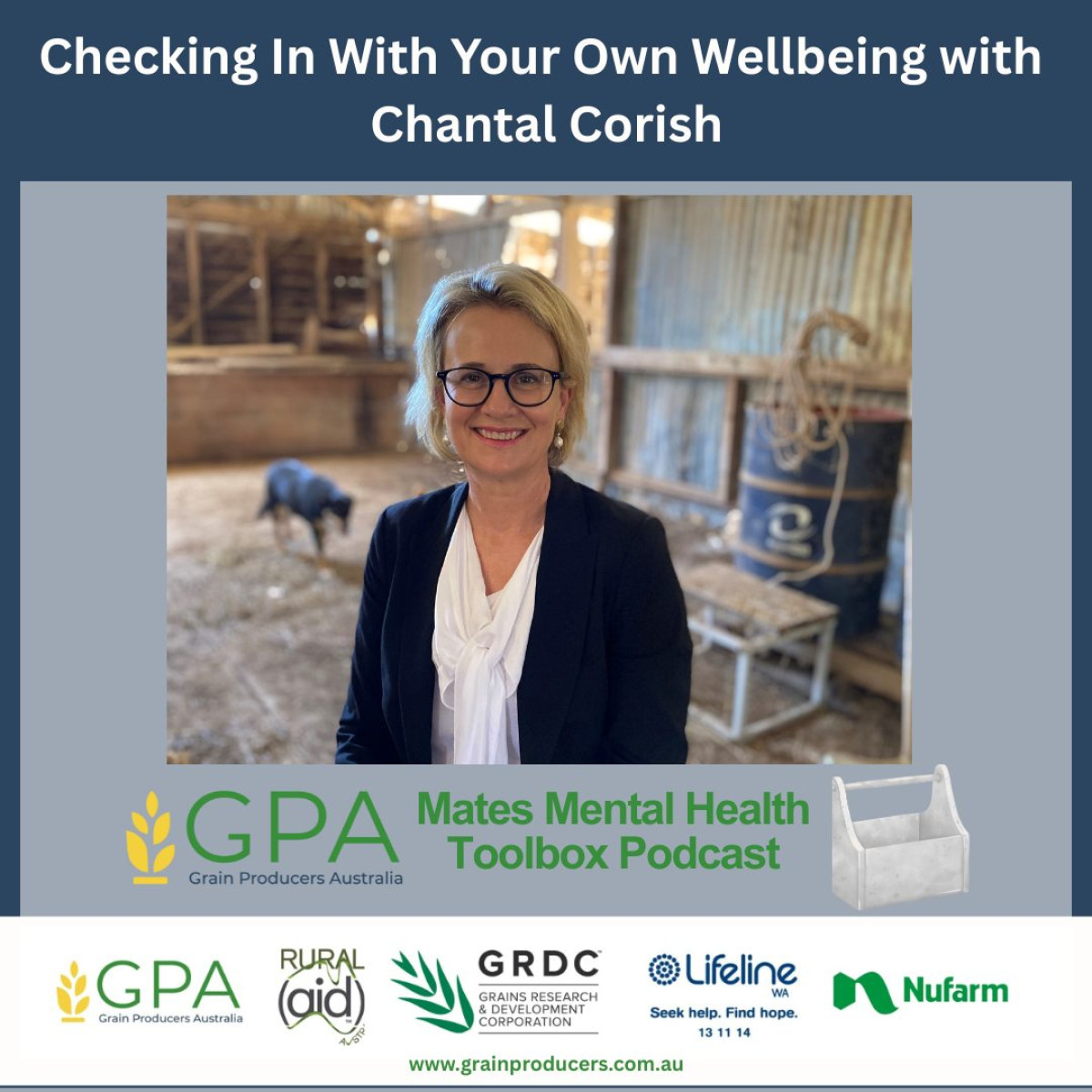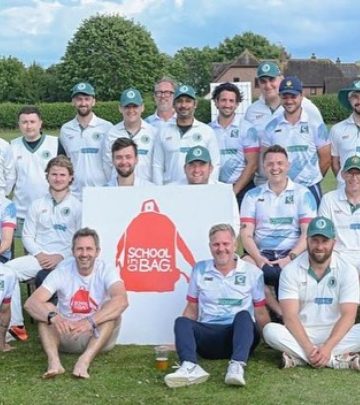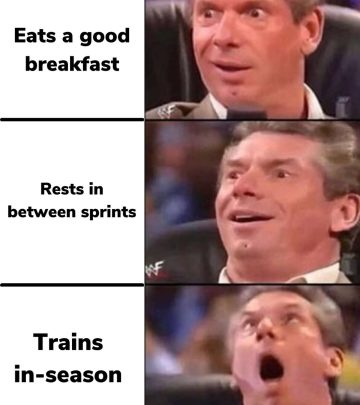Podcast Explores Rural Mental Health And Caretaker Fatigue
Episode 4 shows rural caretakers manage fatigue, setting firm boundaries for healing now!

Image: Instagram
In a refreshing episode of the GPA Mates Mental Health Toolbox podcast, rural psychologist Chantal Corish takes center stage as she discusses the challenges of caretaker fatigue and the importance of setting clear boundaries. The episode, aptly captioned with the reminder that while farming doesn’t stop, you should, offers a timely reminder for anyone feeling overwhelmed by the daily grind. Chantal’s insights are particularly resonant for rural communities where the relentless pace of work often blurs the lines between care and self-care.
Podcast Focus And Key Insights
In Episode 4, Corish explores the long-overdue topic of caretaker fatigue – a phenomenon that affects many who are dedicated to keeping their communities and families thriving. With a soothing yet assertive tone, she asks a simple, yet powerful question: “What’s one thing you’ve done lately just for yourself?” This question acts as a wake-up call for her listeners, urging them to pause and attend to their own well-being. The episode brings into focus the idea that, regardless of how busy one is, carving out time for personal rejuvenation is essential.
The discussion is underpinned by practical advice. Corish outlines the importance of setting boundaries and recognizing the early signs of burnout. Her perspective is rooted in years of experience working with rural populations, where the obsession with productivity can often lead to neglect of one’s own mental health. Throughout the episode, listeners are encouraged to reflect on their personal limits and to understand that saying ‘no’ is sometimes the healthiest option available.
Community Impact And Broader Relevance
As the conversation unfolds, it emerges that this episode is not just about individual coping strategies but also about the collective resilience of rural communities. The mental health toolbox is part of a broader initiative by Grain Producers Australia to support farming communities. Partners such as Rural Aid, the Grains Research and Development Corporation, Lifeline WA, Nufarm, iFarmWell, and Farmer Health are all lending their support to ensure that mental fitness is addressed with the same seriousness as physical labor.
The podcast’s message—“Farming doesn’t stop. But you should.”—serves as a poignant reminder that even in the heart of relentless industry, moments of pause and self-care are vital. In the face of endless responsibilities, rural caretakers must prioritize their emotional and mental well-being. The program’s initiative provides a platform for open dialogue about mental health, encouraging listeners to seek help when needed and to adopt healthy practices that prevent burnout.
Linking Past Inspirations To Present Efforts
While the episode is firmly rooted in discussions about rural life, it is interesting to note that parallels can be drawn from other fields. For instance, retired cricket legend Brad Hogg, known for his resilience and on-field tenacity, has previously spoken about the pressures of high-performance environments. Hogg’s journey from facing challenges on the cricket pitch to embracing life after sports mirrors the struggles faced by many in demanding professions. Although his primary arena was the world of cricket, his personal experiences with pressure and recovery underscore the universal need for balance and mental support—principles that resonate deeply with the themes of the current podcast.
Brad Hogg’s story, as detailed in various archives and social media reflections, reminds us that mental health awareness is not confined to one industry. His legacy and the conversations sparked by his reflections offer additional context to the importance of sustainable self-care in all high-pressure careers. By drawing on such examples, the podcast not only contextualizes the rural experience but also bridges the gap between different communities that suffer from similar strains.
Engaging With Rural Resilience
Listeners of the GPA Mates Mental Health Toolbox podcast are not only provided with practical tips but are also invited to join a larger conversation about rural resilience. The initiative is designed to reach those who have long felt that their struggles were unique to their environment. By addressing issues that many rural caretakers face, the podcast reinforces the idea that mental fitness is a shared goal and that change starts with individual self-care practices.
Moreover, the initiative is supported by a network of organizations that understand the unique dynamics of rural work. This network works tirelessly to ensure that there is a support system in place—from practical advice to emotional counseling—for those who need it. The episode, available through the Grain Producers Australia website, stands as a testament to the growing acknowledgment of mental health challenges in all walks of life.
Throughout the broadcast, listeners are encouraged to disconnect from the unending cycle of work, recognize their limits, and take a moment to recharge. The call to action is simple yet profound: take time for yourself, set boundaries, and acknowledge the signs of fatigue before they lead to burnout. As rural communities continue to navigate the pressures of modern life, such conversations play a crucial role in fostering long-term wellbeing.
The episode leaves its audience with a clear, impactful message—each individual’s mental health is as important as the tasks at hand. With expert insights, relatable experiences, and a strong support network, this installment of the mental health toolbox provides a roadmap for those striving to maintain a balance between duty and self-care.
Read full bio of Vidya Tadapatri
























